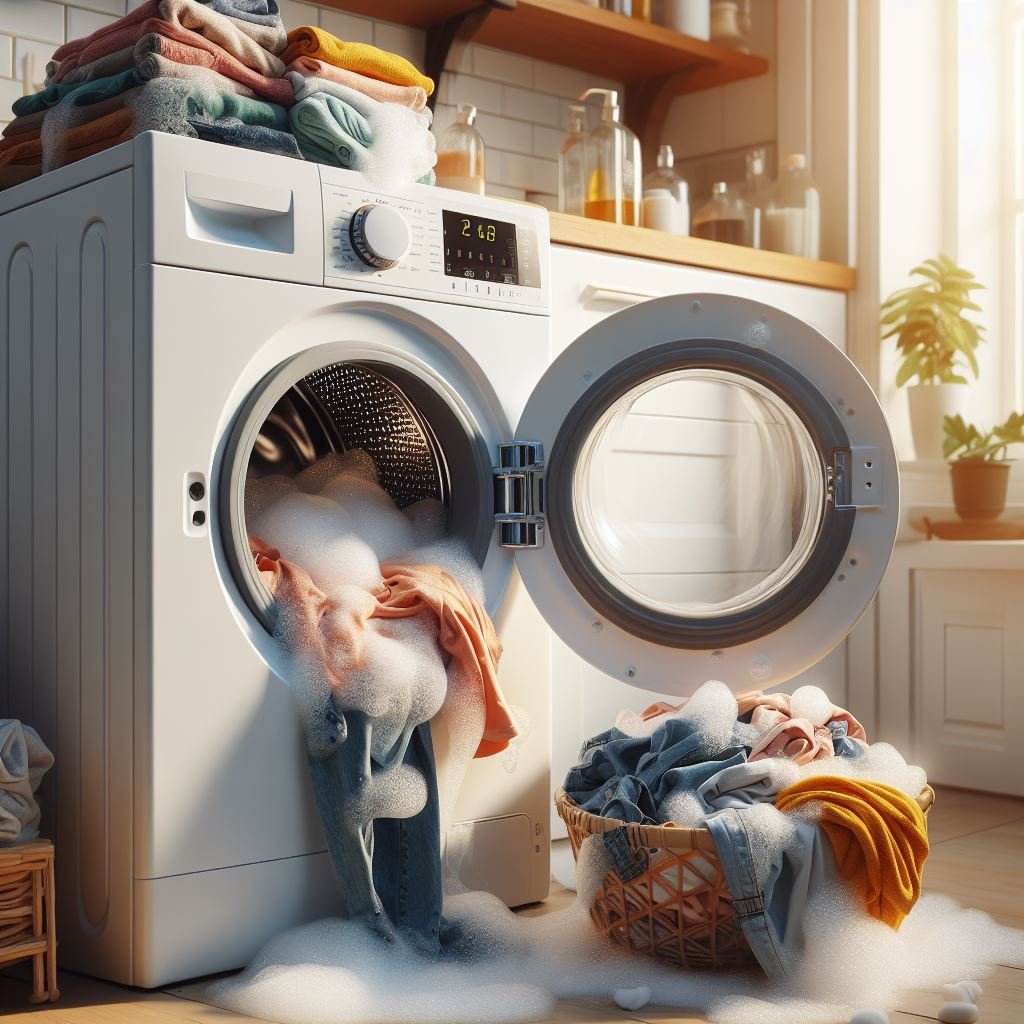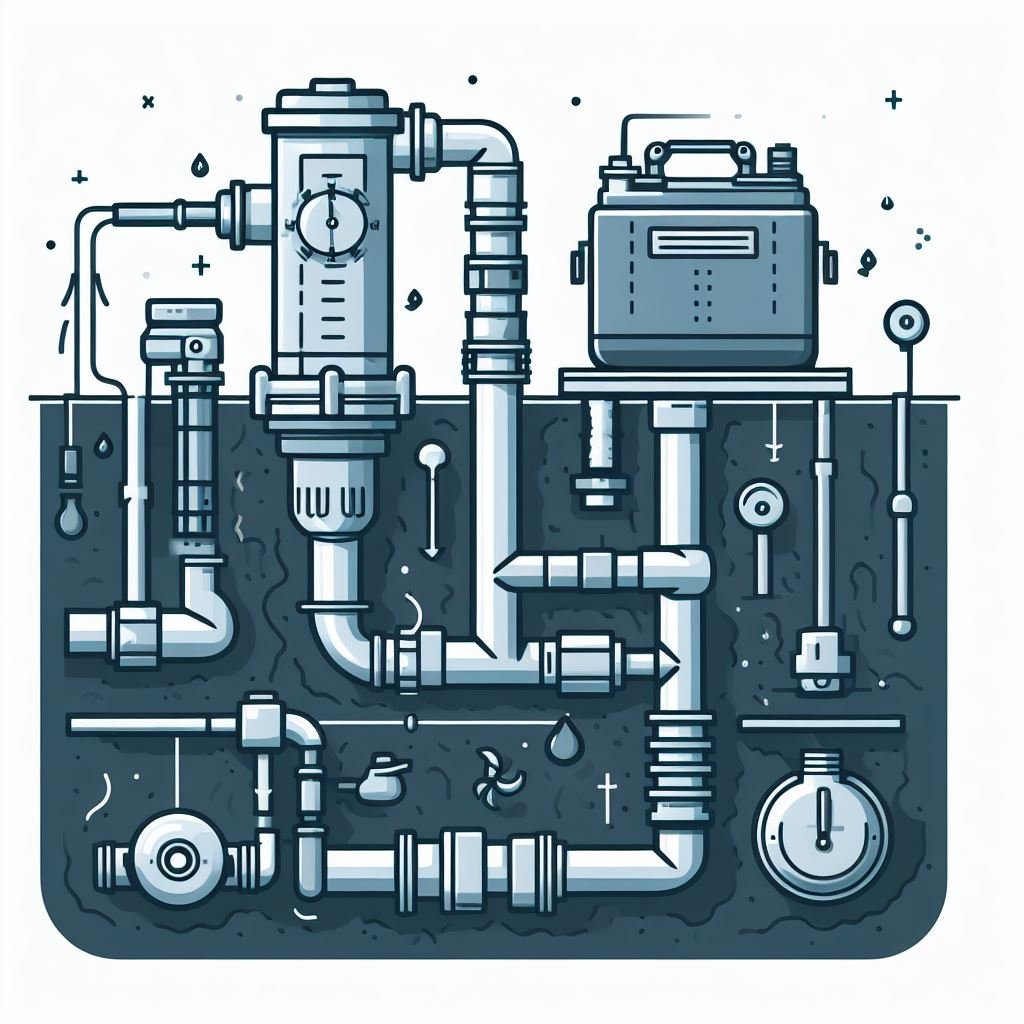What is The Importance of Commercial Pest Control?
Learn why commercial pest control is crucial for businesses. Discover the impact of pests on operations, reputation, and health, and explore effective strategies to keep your commercial space pest-free.
When it comes to pests in commercial buildings, including food processing factories, businesses, schools, and hospitals, there is a zero-tolerance policy in place. Unfortunately, because there are more harborage locations and food and water available, there is a higher risk of infestation in business settings.
Despite their small size, rats and pests can have a significant negative impact on your company's finances. A single pest-related incident has the potential to damage your reputation with both present and potential consumers, as well as result in fines from state and federal inspection agencies. The fact that pests can seriously jeopardise your employees' health and safety is another cause for concern.
Establishing a successful commercial pest management program for your company with the help of a commercial pest control in Newcastle firm is invaluable. It will not only provide you peace of mind that you are contributing to the protection of food, property, and public health from pests, but it will also free up your time and energy.
1. Pest Concerns in Food Service
It should come as no surprise that restaurants of all kinds, from fast food places to five-star hotels, naturally draw bugs. They offer convenient access to a wealth of food sources in a climate-controlled setting, making them the perfect place for pests to establish a home. While many species can cause issues in food service environments, rodents like mice and rats, cockroaches, flies, and pests associated with stored products are typically the top concerns for restaurant operators and owners. And for good reason—infestations can lead to food poisoning, fines from health officials, and harm to the restaurant's reputation.
Working directly with a registered pest control specialist is crucial for restaurateurs due to evolving food safety laws. This professional can perform a comprehensive inspection and identify factors that are favorable for insect activity. A pest control business can frequently assist with staff education. These actions will significantly reduce the likelihood of health code infractions and preserve the establishment's good name.
2. Pest Concerns in School
When it comes to adopting pest management programs, all school environments—from university campuses to kindergarten classrooms—face different problems. School administrators bear the dual responsibility of safeguarding students' health from harmful pest infestations and adhering to state and federal regulations that emphasise the use of Integrated Pest Management (IPM) and minimise the use of chemical treatments.
There are many different types of pests in school environments. Several popular candidates include ants, spiders, cockroaches, stinging insects, rats, and flies. Students also have trouble with head lice, but unlike other bugs, head lice treatment needs to be done by a medical specialist. Although frequently challenging, it's crucial to make sure that all entry points are shut and that there are no undiscovered harborage sites. Schools can effectively minimise pest problems by collaborating with a registered commercial pest control in Newcastle expert.
3. Pest Concerns in Healthcare
Healthcare facilities are required to maintain the highest standards of sanitation while providing care for extremely vulnerable people. This includes hospitals, long-term care facilities, emergency medical care centers, and physical or mental rehabilitation clinics. The control of pest-borne diseases is essential because different pests can spread bacteria and contaminate surfaces, medical supplies, and equipment, which can offer a range of health risks. When it comes to effective spider pest control and prevention, healthcare facilities' sizes usually play a significant role; the larger the institution, the higher the risk of pest infestations. Nevertheless, pests can target even minor establishments. A reliable workers pest management program is an investment in the well-being of both patients and staff.
4. Pest Concerns in Lodging and Hospitality
Reviews from past visitors are crucial to the hotel industry's reputation maintenance. Still, nothing may harm a business more than claims of bug sightings and infestations. Hotels are a major target for pests, including bed bugs, cockroaches, ants, and rats, because of their numerous entrances, restaurants, spacious laundry rooms, abundance of guest rooms, and frequent guest turnover. Hotels, therefore, need a specific pest control program.
Hotel managers can be confident that any pest issues will be treated discreetly and effectively to minimise the impact on the safety and health of guests and staff and protect the hotel's reputation by partnering with skilled and certified spider pest control technicians. A pest control partner will also create an employee education program that explains the important responsibility that employees play in preventing and detecting pests in the hotel.
5. Pest Concerns in Retail
Department shops and retail establishments ought to be safe havens for shoppers. Regretfully, pest infestations are a common occurrence in these establishments, with rodents, cockroaches, bed bugs, and flies being the most common culprits. This may definitely make shopping less enjoyable. A number of things, such as often-opened doors, messy storage spaces, and continuous foot movement on the front end, can make a pest problem worse. An infestation in a retail establishment might endanger the brand's reputation with both present and potential customers, much like in other commercial settings. Additionally, bugs can harm merchandise and displays and represent a health risk to patrons and staff.
To sum up,
In terms of pest control, condominiums, apartment buildings, and other multi-family settings can provide a variety of difficulties. Rats, cockroaches, flies, wasps, and bed bugs are common pests on these managed properties. Tenants may be at risk for health problems from certain of these pests, while structural and safety issues may arise from others. For instance, it has been observed that rodents may gnaw through important electrical wiring, which might result in electric fires. Additionally, property managers must put out a concentrated effort to teach tenants or unit owners how to prevent pests in their own spaces and how to notify management of any pest issues appropriately.




















